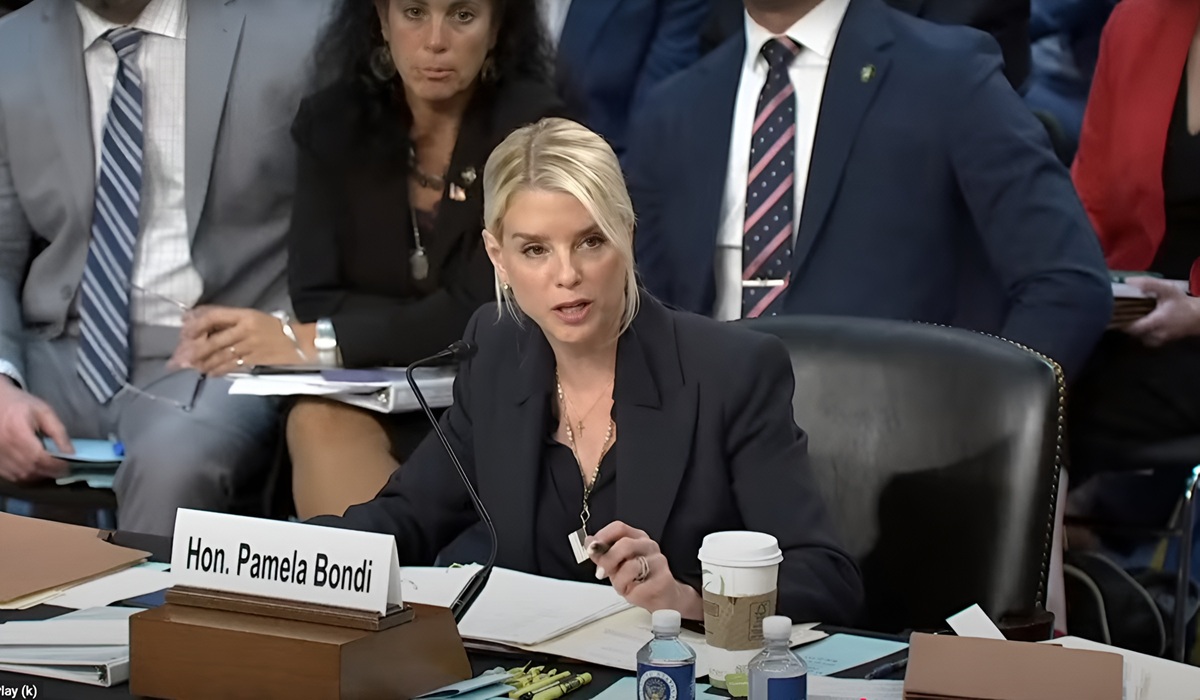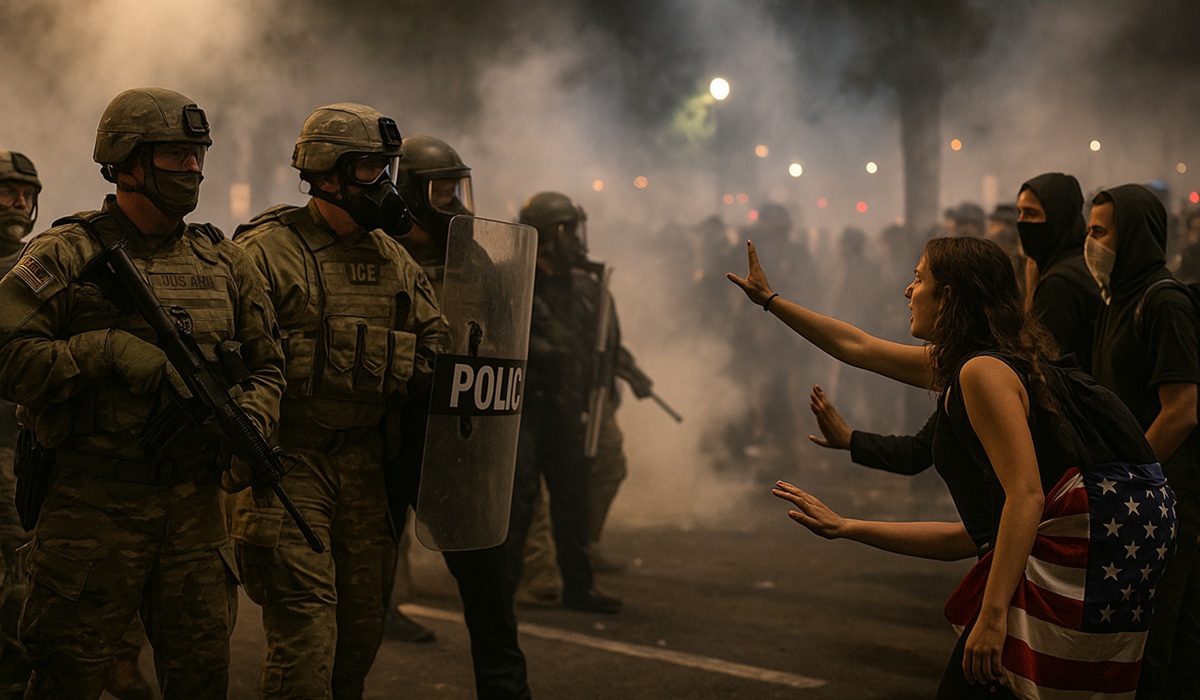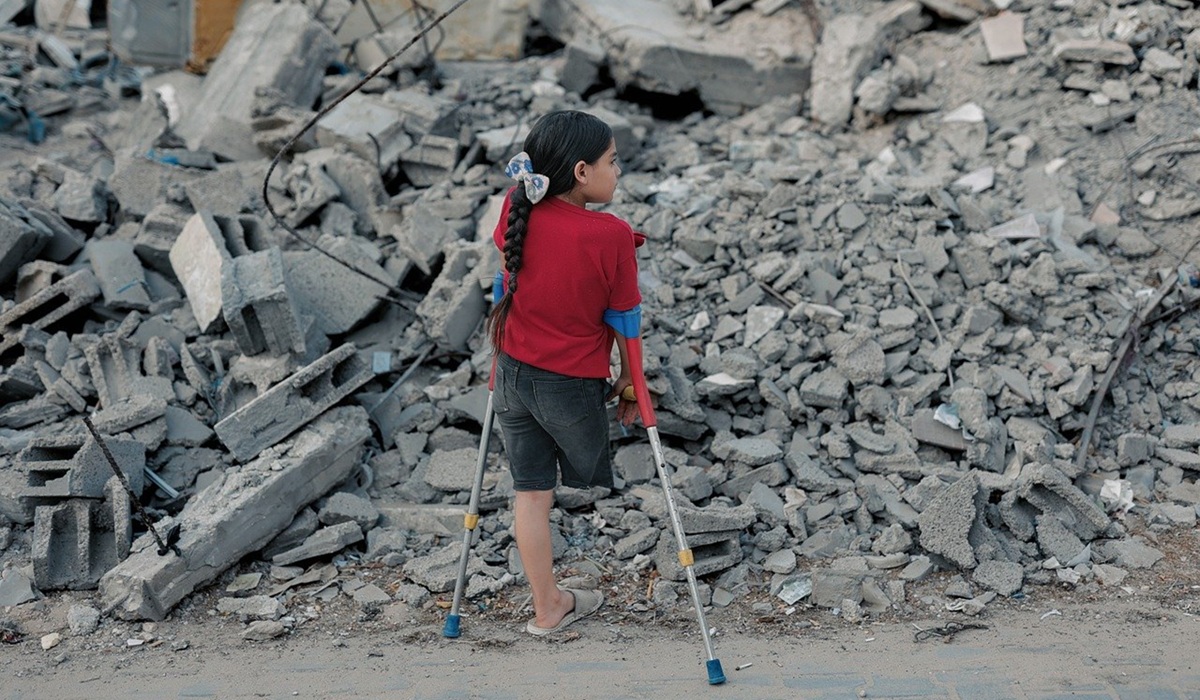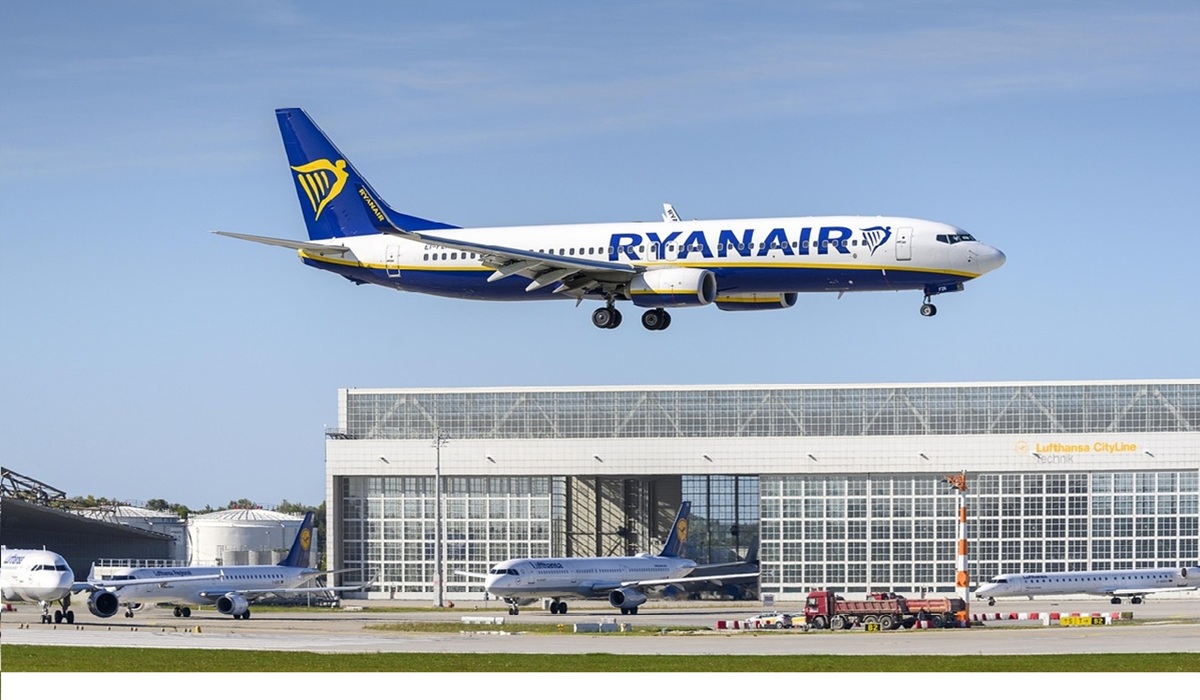National Security Threat: Trump Declares War on Films Not Made In America, Slaps 100% Tariffs on Them
- Xuemei Pal
- Entertainment
- Trending News
- May 5, 2025
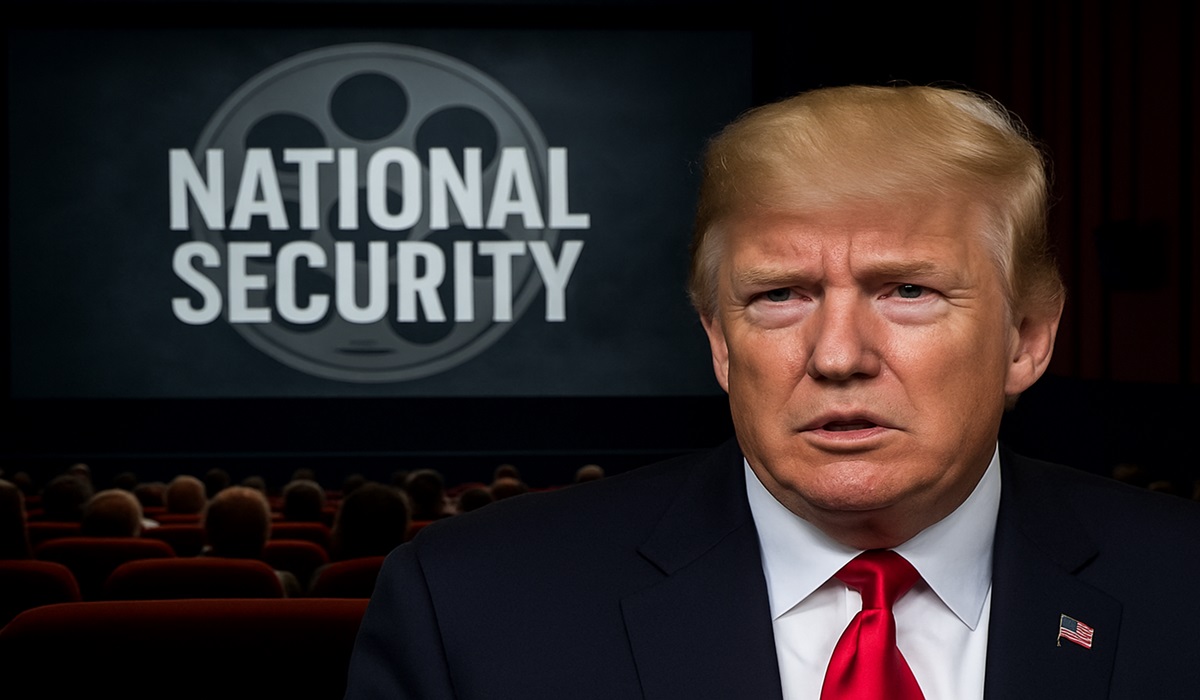
In a desperate plot twist even Hollywood wouldn’t greenlight, U.S. President Donald Trump has declared that movies made outside the United States represent a national security threat. That’s right—foreign films, co-productions, and anything not “Made in America” are now supposedly endangering the republic. As a result, Trump has directed the Department of Commerce and the U.S. Trade Representative to begin imposing a jaw-dropping 100% tariff on all imported films. The move, predictably, has angered the entertainment industry—and drawn derision from just about every corner of the cultural landscape.
The idea that foreign films pose a security threat is not just laughable—it’s exhausting. It’s become the default setting for every new enemy in Trump’s America: label it “national security.” Whether it’s a social media app, a vegetable, or now a film production, anything the administration doesn’t like magically becomes an existential threat. It’s a game of rhetorical inflation that demeans the very idea of national security itself. When everything is an emergency, nothing is taken seriously—and this move is yet another example of that cynical ploy.
Trump’s social media tirade blames foreign governments for luring away American film productions with subsidies and incentives, calling it an attack on the U.S. economy. But the truth is far simpler: producers and studios are filming abroad because it’s cheaper. Full stop. Filming in the U.S. has become prohibitively expensive, weighed down by skyrocketing labor costs, complex regulations, and a lack of competitive tax breaks. That’s not sabotage—it’s economics.
And while Trump accuses foreign governments of spreading propaganda through cinema, it’s hard to ignore the hypocrisy. The U.S. government, particularly the Pentagon and the CIA, has long had a direct hand in influencing film content. These agencies have entire units dedicated to shaping how America is portrayed in popular media—reviewing scripts, offering military assets in exchange for editorial control, and ensuring that narratives align with their version of patriotism. So, yes, propaganda is real, but America has been playing the same game for decades.
Consumers will bear the brunt of this misguided policy. Theaters, already struggling to recover post-pandemic, will see costs skyrocket. Streaming platforms will either pass the increase onto subscribers or strip their offerings of foreign-made content altogether. Independent filmmakers—especially those who rely on global collaboration—will be the hardest hit. The real impact will be cultural, economic, and felt at the grassroots level.
And Hollywood? Don’t expect it to stay silent. This move is likely to unleash an avalanche of condemnation, not just in words but in dollars. Trump has now given some of the wealthiest, most politically engaged figures in America’s entertainment sector a personal reason to mobilize—and fund—his opposition. He’s declared a cultural war against an industry that already loathes him.
Trump’s tariff is not about protecting American jobs or artistry. It’s about stoking resentment, controlling narratives, and peddling paranoia. In the end, this is just another sad example of power being wielded not to inspire or lead—but to punish. It’s a policy that misunderstands the problem, misrepresents the solution, and, as always, leaves the average American paying the price.

